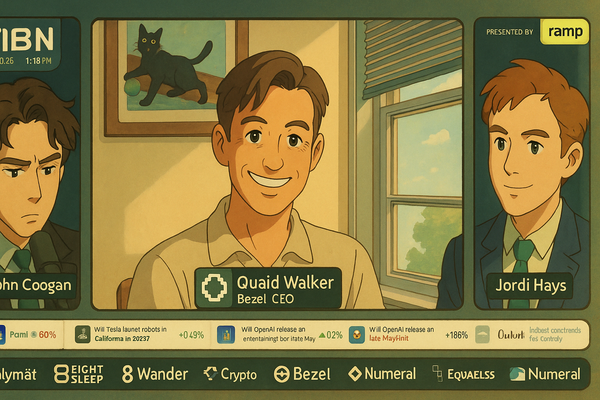Publishers capitulate to AI
Negotiating terms of surrender

On April 9, 1865, Robert Lee showed up to Appomattox Court House for what was technically a negotiation to end the fighting that his army of Northern Virginia had waged for four years. The negotiation lasted a few hours because Lee was really there to be told the terms of surrender. Lee had no leverage: army surrounded and decimated, supply chains cut, escape routes blocked. And yet, he got a good deal as Grant and Lincoln wanted the war over quickly.
That’s the hopeful scenario for publishers. They have lined up at their own Appomattox to sign their terms with OpenAI. The trickle of deals by AP and Axel Springer have become a flood as in the past week News Corp, Vox Media and The Atlantic have signed on to “partnerships” that absolve OpenAI of vacuuming their content without consent to build a competitive product. OpenAI now has deals with 70 publishers. Score another win for the outlaws.
Jessica Lessin, founder of The Information, wrote in The Atlantic last week about why these deals are inopportune and a long-term error for media companies. There was a time, late last year, when it appeared publishers would dig in for a fight. I sensed the depredations and humiliations of a generation of executives getting screws over by big tech companies was fueling a fighting spirit. Diller talked of a legal coalition that would demand “billions, not millions.” The coalition would include The New York Times, News Corp and Axel Springer. Only the Times remains, and Diller-owned Dotdash Meredith cut its own deal earlier this month.
That was noteworthy because if the exposure the company has with its reliance on evergreen content in many of its properties. The New York Times will carry on with its lawsuit since it has unique leverage afforded by a sustainable business model. What leverage could Vox bring to an OpenAI negotiation? The LLM won’t have new Eater reviews? The realist view is: take the cash.


